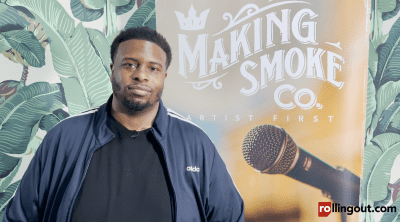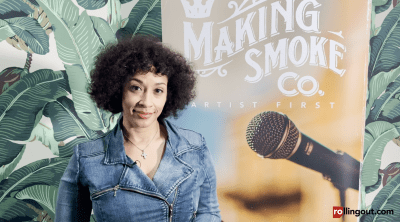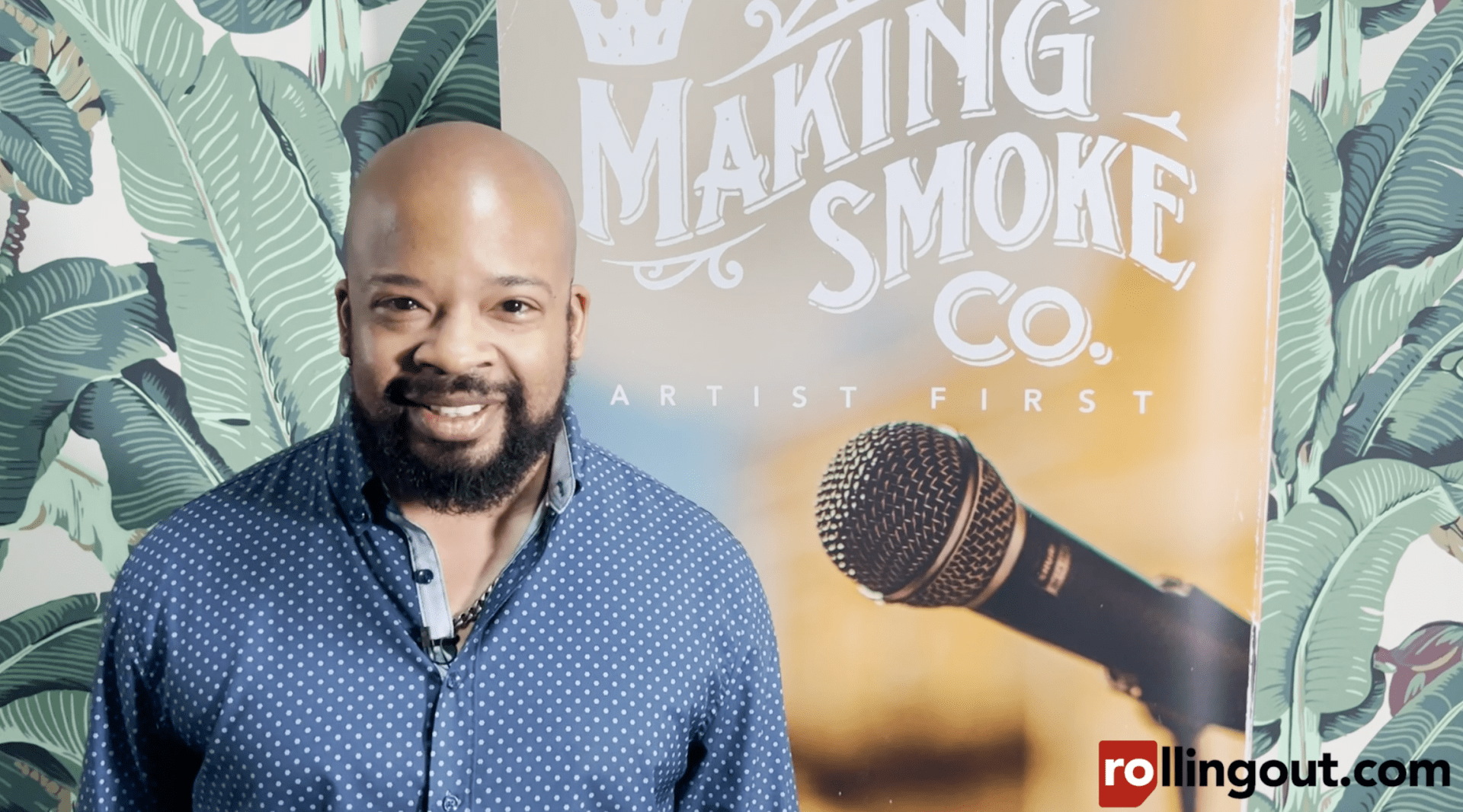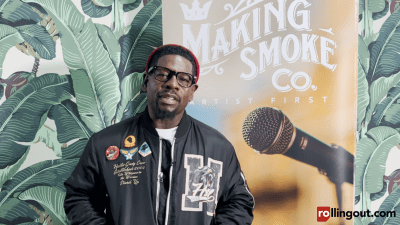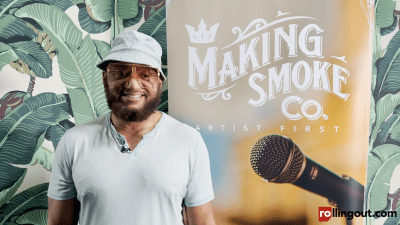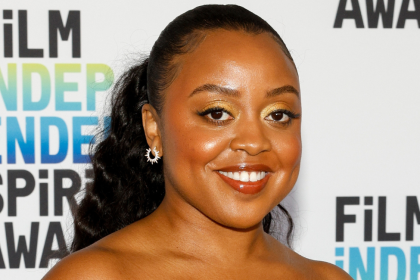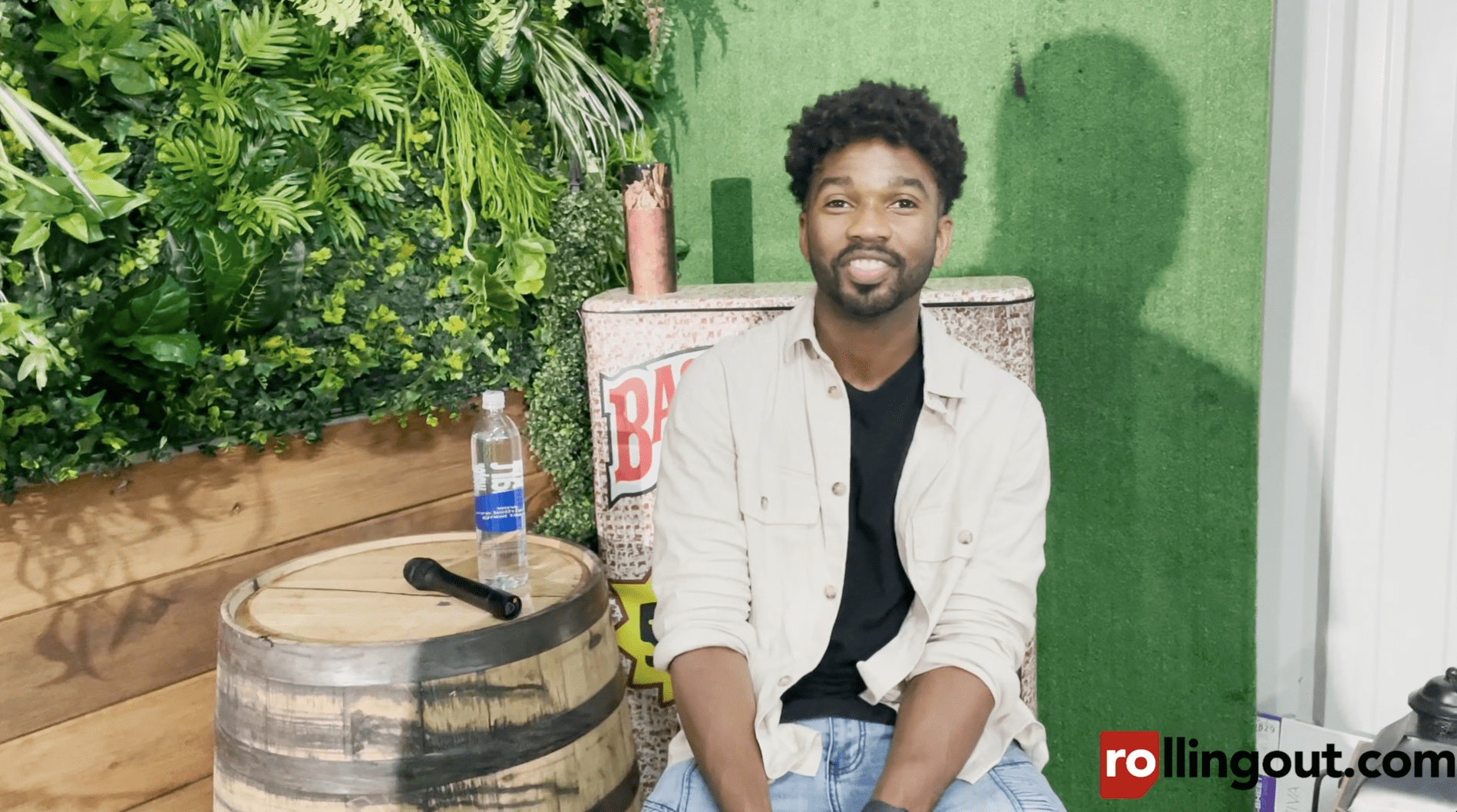
On July 14, rolling out hosted the Backwoods Making Smoke music panel. The event brought together local artists, producers and music makers to network and gain skills in their respective fields. J. Sims, J.R. McKee, and Joshua “J1” Raiford spoke to the guests and gave tips and advice for working in the music industry.
Raiford is the vice president of music programming at Pandora Music, and he spoke with rolling out about why representation is important in the music industry.
What did you want people to take away from the event?
I think the recurrent theme is at the end of the day, you have to put in the work yourself. We can tell you everything that you need to do, we can tell you some things to avoid, but it’s up to you or each individual person to take that information and make your own [smoke] and see what works for you. Some things might not necessarily be for your particular situation or a particular time, but you have to figure that out on your own. So I would say just really just put in the work, make your own fire, and create your own smoke because nobody else is going to do it for you.
What inspired you to get into the music industry?
I always knew I want to be an executive in the music business. Growing up, I looked up to Diddy, Kevin Liles, and Dame Dash because those guys look like me, talk like me, and they came from the same neighborhood as me, but they were executives. When I was growing up, when you thought of an executive, you thought of somebody who had to wear a suit and tie, as my dad did. God bless him because he provided for his family, but I knew I didn’t want to do that. I didn’t want to put on a suit and tie. I wanted to be an executive. So I saw myself in those guys, and I just knew from an early age when I was a teenager, that’s what I wanted to be, and God has blessed me.
Why is representation in the music industry important?
Representation is everything. At the end of the day, Black culture is pop culture. It’s important for us to not only continue to be the trendsetters, but we have to be the people making the decisions. That’s something that I’m really passionate about, and something that I’m fighting [for]. When it comes to the board of directors and executive positions, there are not a lot of people [who] look like us. We’re one of the largest consum[er] groups in the entire country, so there’s no reason why we shouldn’t have more equity or more seats at the state, and that’s something I’m going to continue to fight for and to not only be there for myself, but also pave the way for future executives.


